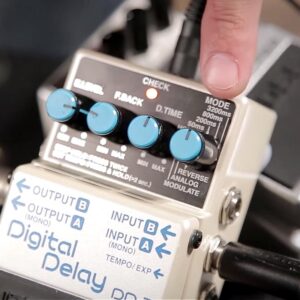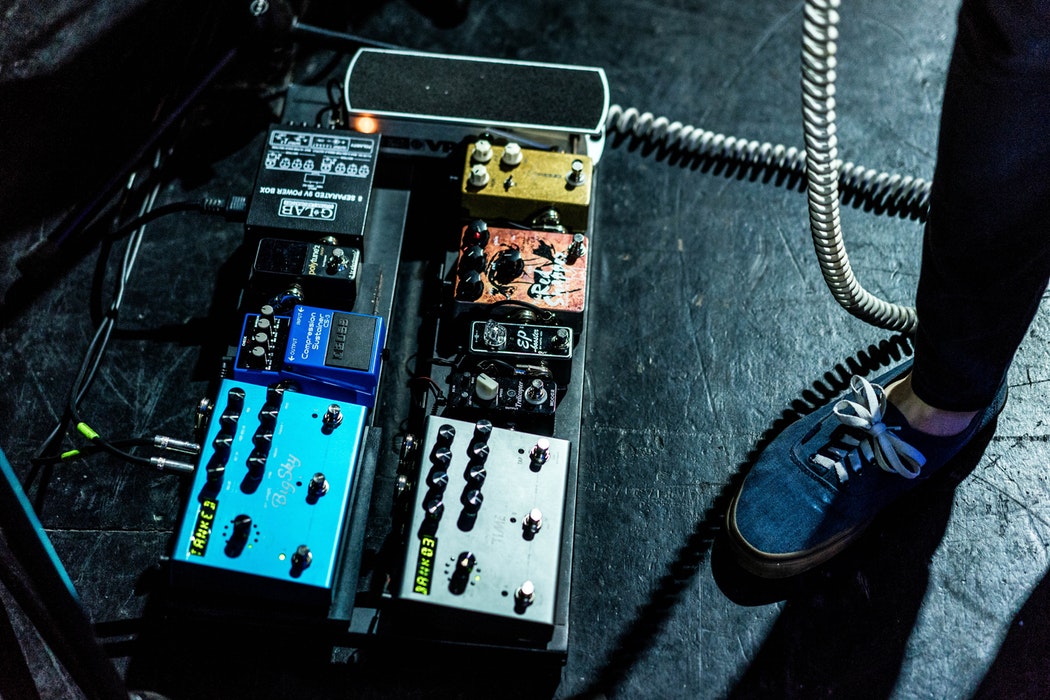What Does A Delay Pedal Do? Find Out Answers Here
There’s a lot of joy from practicing music, and the guitar is considered one of the best instruments you can use in practicing music. In addition, professional and amateur players can make good use of the guitar, making the guitar instrument a bonus for everyone.
Sometimes, using just a guitar might not be enough for you, and even though guitars can produce beautiful sounds, there are ways a guitarist can improve the sound a guitar produces.
Going through other ways to boost your guitar sounds provides your song with more shades, and you can count on these shades to thrill your audience with skilled performance.
This is the point we introduce you to a delay pedal, and your question might be, what does a delay pedal do? First, it will be great to know that delay pedals are one of the best-selling guitar effect pedals on the market, and there has been an increasing demand for delay pedals because of the support they provide guitars with.
What kind of magic do you think a delay pedal provides a guitar with? Most people often ask about ways to get the best out of a delay pedal and trust me when I say every guitarist has one question they nag about when it comes to working with a delay pedal.
Providing answers to all of your questions is what this guide is all about, and if you are curious about knowing what a delay pedal does, then congratulations, you will find your answers on this page. So continue reading along with us, and you will be thrilled with what you will find out about the delay guitar effect pedal.
Content Navigation
What Does A Delay Pedal Do

Talking about sound guitar effects, a guitarist’s secret weapon lies in the delay pedal he uses. Whether we are trying to sound pronounced or subtle, most guitarist excellent performances are because of the delay pedals.
This might sound a bit like a cliche, but delay pedals are responsible for covering your sonic needs, and the good thing about delay pedals is they are affordable.
Trust me when I say no effect pedal will give your guitar tone emotions and instant atmosphere like a delay effect pedal. The truth is delay effect pedals have designs that encourage them to function similarly.
Having just one delay pedal in your pedalboard helps add so many dimensions to what you play, which explains why delay pedals are commonly found on a guitarist pedal board all around the world.
Any musician can benefit from using a delay pedal, which tells you why a musicians pedal board is expected. The usefulness of a delay cannot be ignored, as it adds space and depth to signals.
It makes a lot of sense now why the market is filled with so many delay pedals because people are starting to realize how useful it is, creating a rise in demand for delay pedals.
However, if you decide to go shopping for a guitar effect pedal, ensure that you go for one with all the features you need. If a pedal has all the features you need, then delivering the desired results is within reach.
Delay pedals are supporting devices that guitarists use, and the purpose of using these devices is to beautify their performance using the exciting features a delay effect pedal comes with.
There is something familiar all of these features share: the repetition of a note played by a guitar. In specific terms, delay effect pedals create echoes, and it means playing a high note on your guitar and pressing your delay pedal creates a similar note to the one you just played.
It is that simple, and you can see that a delay effect pedal works in a precise and accurate way. Furthermore, using a delay effect pedal provides you with the option of managing three elements.
These elements you can manage using a delay pedal include level, feedback, and time. Let us break these elements down and see how a delay pedal manages them.
Important Read: What Does A Tuner Pedal Do
Level
The level element decides how loud you would love your echo to be. For example, setting the highest point on a level will cause a delay to sound very high, and the same happens if you want your echo to sound low.
Time
When you play a note on your guitar, you press your immediately after it to get your echo. However, using the time element adjusts the timing between these two sounds, depending on your preference.
Feedback
Feedback talks about the number of repeats you will love to have after playing a note on your guitar. Failure to activate the feedback knob will cause the delay pedal to provide a single repeat, but if you desire to get lots of echoes, turn on your feedback knob. Delay pedals will give you as many repeats as you desire.
Do I Need A Delay Pedal?
You might be asking yourself now if you need a delay pedal, and it is okay for you to feel that way. There are several benefits a guitarist obtains when he makes use of the delay effect pedal, and listed below are some of these benefits;
- It helps guitarists produce clean sounds, phaser, and chorus
- It helps in filling out sounds
- The use of delay makes bland attractive, adds depth to rhythm, and makes solo huge. In conclusion, using a delay effect pedal makes everything seem brilliant, and they can also make something simple look slightly complicated.
Type Of Delay Pedal You Should Buy
Delay pedals can be divided into analog and digital delay pedals, and each of these has its pros and cons. Therefore, you should consider what the entire package brings and the purpose of buying a delay pedal to pick out the type of delay pedal you want.
Summary Of What A Delay Pedal Does
The truth is you might want to play just a guitar without using any effects, but taking advantage of a delay effect pedal will provide your audience with a better and satisfying performance.
Adding more emotions and colors are what a delay effect pedal does, so why would you want to miss out on something so exciting and beneficial? We hope you find this article handy on why you need a delay pedal, and you can also share with families and friends who have a guitar they play music with.
Related Posts
What Does An Overdrive Pedal Do

